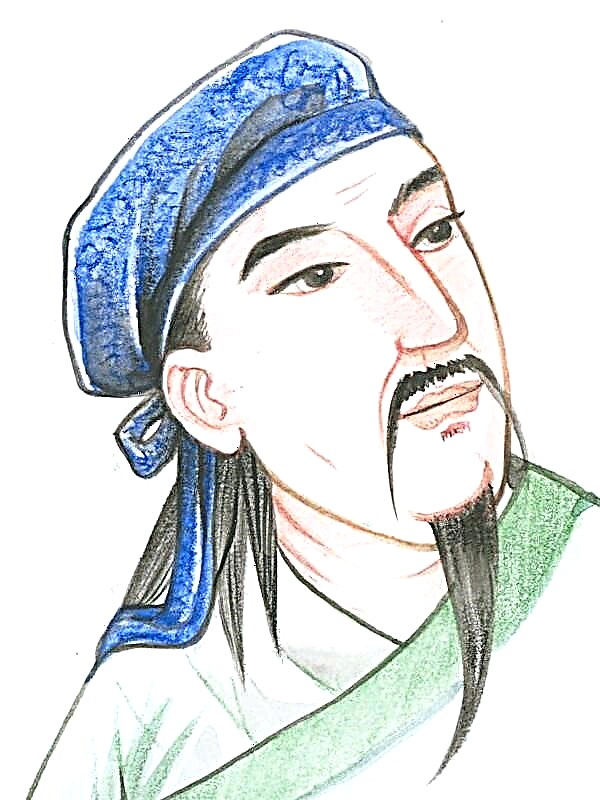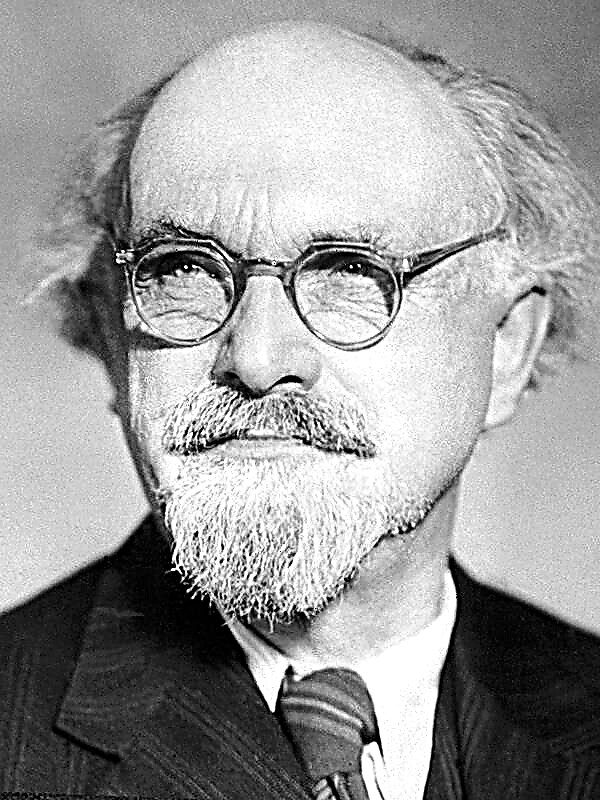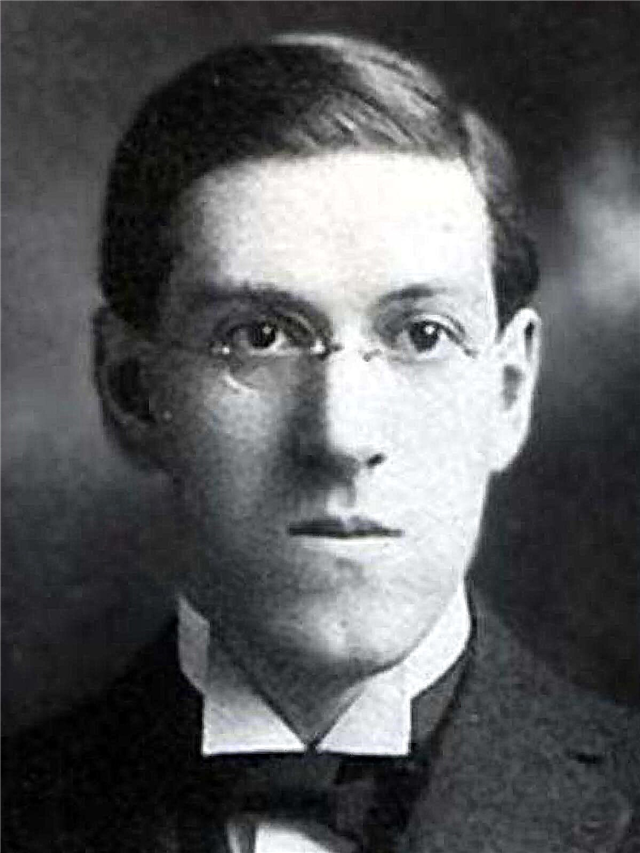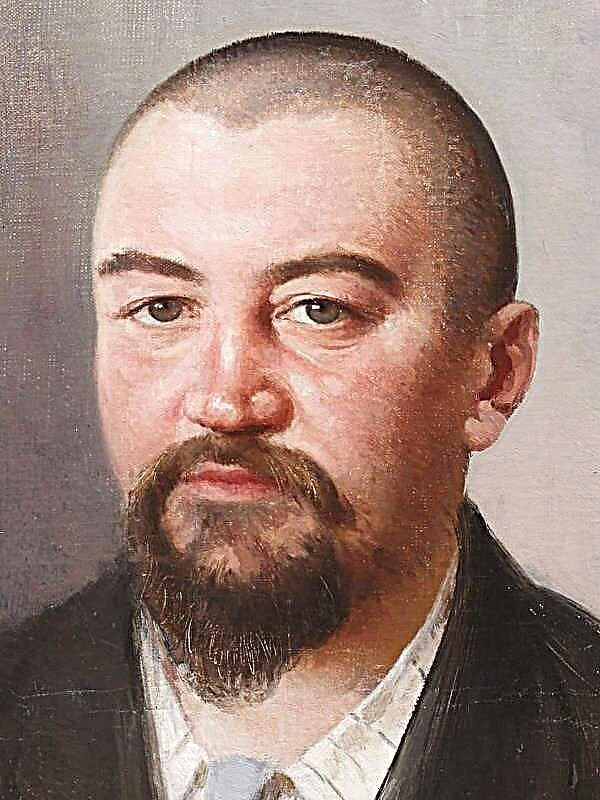Share
Pin
Tweet
Send
Share
Send
The culture of speech is a problem that is often raised by the authors of the texts found on the exam paper on the Russian language. We highlighted the most popular aspects of this problem and selected arguments for each of them. All of them are available for download in table format, link at the end of the article.
Neglecting the culture of speech
- M. A. Bulgakov in “Dog Heart” raised the issue of neglecting the culture of speech. Sharikov, transformed from a dog into a man, expressed himself ugly. He was rude and rude: he was rude to people, distorted speech, invented offensive nicknames. The man constantly argued with the professor who transformed him, and insulted him. He also lied about his origin to the woman he wanted to marry. But the most terrible consequence of such an attitude to language is a complete loss of understanding with the world. Good people turned away from Sharikov, and those who only used him for their greedy purposes became his interlocutors.
- In the play by A. N. Ostrovsky “Thunderstorm” The image of the prosperous merchant Wild is presented. This is a grumpy and ill-mannered person who cannot live a single day without a quarrel. Moreover, he is a coward: offends only those who are weaker than him and lower in position, not daring to argue with those who are more significant. At the same time, a man torments his family, which he is never satisfied with. Wild - a vivid example of a person having problems with the culture of speech. Because of this, he also faces a misunderstanding and becomes a lonely person who only helps out money. Nobody needs him without them.
Shortage and Enrichment of Vocabulary
- I touched upon the problem of speech culture Jack London in Martin Eden. The main character is a sailor who fell in love with a girl from high society. He wanted to be like her and her family, but at first he did not know how to behave and express himself. The people whom Martin met spoke abstruse words that he only met in books or did not know at all. His new environment was engaged in intellectual work and considered it necessary to get an education. Martin Eden followed suit and learned to express himself beautifully, smartly and politely, which he succeeded in, and later became a writer and journalist. Reading books helped him a lot in self-development.
- In the work of I. Goncharov "Oblomov" the main character Ilya, who was distinguished by a passive character and lack of activities, fell in love with Olga, a beautiful and talented noblewoman. The desire to please her made him start self-education. The man began to read books, walk around the city and go to balls, where he typed clever words and improved the culture of his speech. For a while, Ilya Oblomov even became a completely different person for the sake of his beloved woman: competent, active, polite and well-spoken. Two things helped him succeed: chatting with interesting people and reading.
Clogged Speech with Jargon
- The work of A. I. Solzhenitsyn “One day of Ivan Denisovich” filled with prison jargon. This is due to the fact that people are in their own special, separate from the rest of society, world. Instead of “informing” they say “knocking”, instead of “chief of operational-regime communications” - “godfather”. Prisoners are also called slang language - by number, not by name and surname. Thus, the atmosphere prevailing in the prison is shown: the lawlessness of prisoners and disrespect for them. After all, attitude to speech is a reflection of attitude to oneself. Prisoners are basically broken and deserted people who find no reason to respect themselves and their environment. Therefore, any person who pays tribute to himself must not clutter his speech, otherwise society will treat him as if he did not need himself, and even more so.
- Jargonisms can be found in the work of V.V. Mayakovsky. For example, in the poem "About rubbish". The author, who is a supporter of revolutionary ideas, uses words such as "mug", "scum", "figure". This indicates the level of his speech culture. Despite his high intellect and creative talent, V. Mayakovsky considers the use of jargonism acceptable. This creates a certain atmosphere of the work, and also accurately expresses the thoughts and feelings of the author. Thus, slang vocabulary can find application in art, but nevertheless, in life, in communication with family and friends, colleagues and passers-by, this manner of expression can adversely affect relationships.
Diction problems
- One of the problems of speech culture is poor diction. In the book of M.N. Botvinnik and M.B. Rabinovich "Biographies of famous Greeks and Romans" it is written about the ancient Greek orator Demosthenes. In his youth, he had a weak voice, burst, stuttered and did not know how to keep himself in front of the audience. However, after a series of failures in his speeches, he set about trying to correct his shortcomings. Demosthenes worked hard and after some time trained his voice, and his performances became successful.
- In the saga Joan Rowling "Harry Potter and the Sorcerer's Stone" there is such a character - Professor Quirell. He imitated a stutter so that no one would suspect him of the evil wizard Voldemort. At the same time, Quirell tried to incite the protagonist-schoolboy and his company to another teacher. A stuttering man was considered weak and worthless until they learned that prudence and betrayal were behind feigned problems with diction and self-doubt. Thus, a flaw can become an instrument in the hands of a person, it all depends on perception and abilities.
Illiteracy in writing and reading
- L. B. Geraskina in a story entitled "In the country of unlearned lessons" raises the problem of illiteracy. Lapman Viktor Perestukin ended up in a place where he needed knowledge from the school curriculum in order to pass the tests. One of them was the well-known sentence: “You can’t execute pardon”, where you had to put a comma. The fate of the boy depended on her location. He solved this problem and remained alive, realizing how important literacy was.
- In the comedy by D. Fonvizin "The Little Boy" there is the heroine of the mistress-serfwoman Prostakova. She is not literate, therefore, accusing Sofya that her letter is amorous, cannot verify the correctness of this statement. The son of Prostakova Mitrofanushka is equally illiterate. His mother hired teachers, but only for prestige. In fact, they are not involved in his education and upbringing. Moreover, this is no use. The boy fools around all the time. That is why ignorant heroes in the final lose their privileged position.
Share
Pin
Tweet
Send
Share
Send












